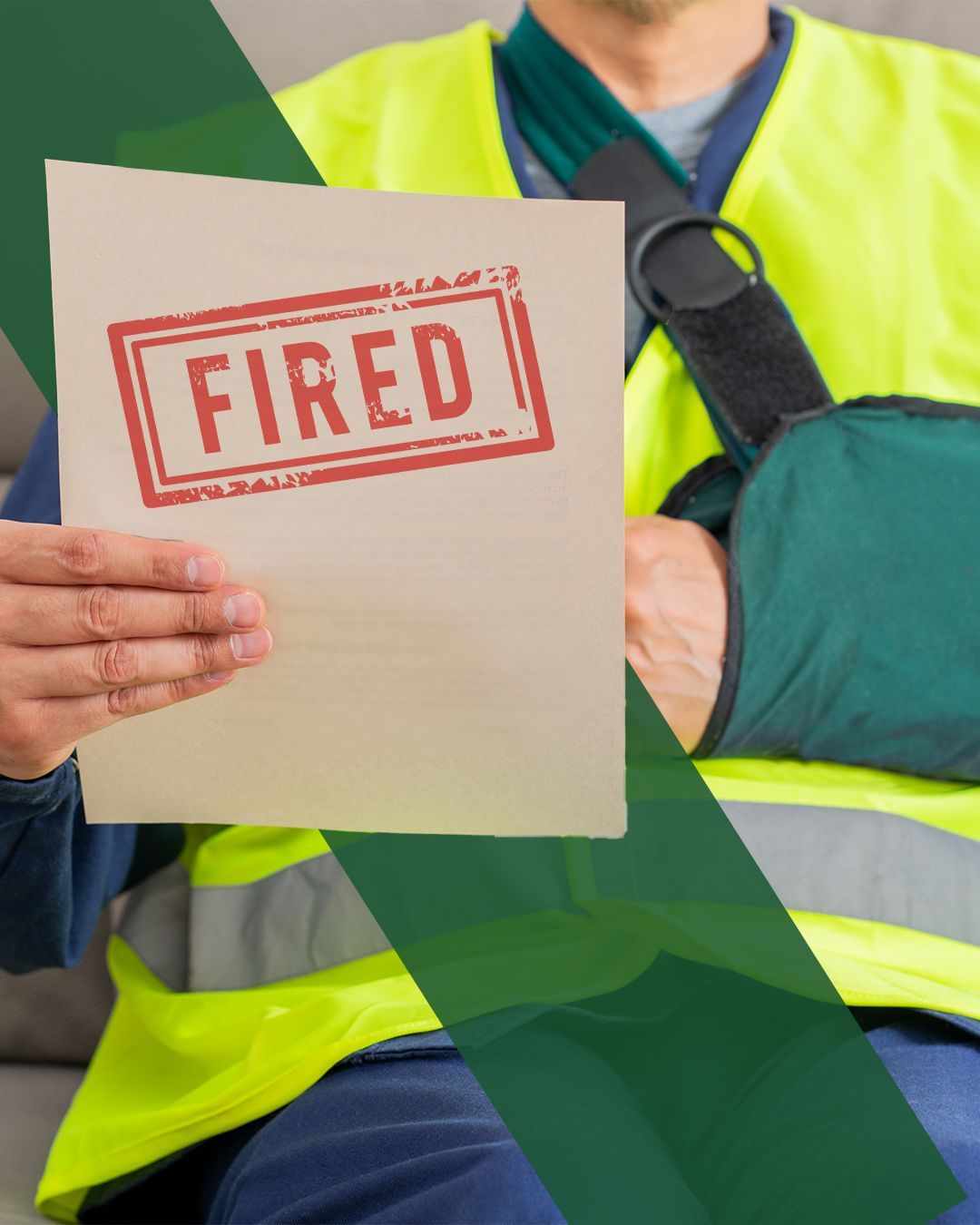Common Causes of Car Accidents & Who's At Fault
Car accidents can be traumatic experiences, and determining who is at fault can be complex. Understanding the common causes of car accidents and the factors that determine fault is essential to ensure you receive the compensation you deserve. In this guide, we'll provide all the information you need to determine fault in a car accident.
1. Understanding Negligence
Negligence is a legal concept that refers to the failure to take reasonable care to prevent harm to others. In a car accident, negligence can take many forms, such as speeding, distracted driving, or failing to signal when turning. To determine fault in a car accident, you need to establish which driver was negligent and caused the accident.
2. Identifying Contributing Factors
Determining fault in a car accident is not always straightforward. Many contributing factors, such as road conditions, weather, and vehicle maintenance, can impact the outcome. It's essential to consider all these factors when determining fault.
3. Gathering Evidence
You need to gather as much evidence as possible to determine fault in a car accident. This includes taking photos of the accident scene, getting witness statements, and obtaining a police report. The more evidence you have, the stronger your case will be.
4. Seeking Legal Help
If you're unsure about who is at fault for a car accident, it's best to seek legal help. An experienced personal injury lawyer can help you navigate the complex legal system and ensure you receive the compensation you deserve. They can also help you gather evidence and negotiate with insurance companies on your behalf.
5. Protecting Your Rights
If you've been involved in a car accident, it's essential to protect your rights. This includes seeking medical attention, reporting the accident to your insurance company, and consulting with a personal injury lawyer. By taking these steps, you can ensure that your rights are protected and that you receive fair compensation for your injuries.
Determining fault in a car accident can be a challenging process. However, you can ensure that you receive fair compensation for your injuries by understanding negligence, identifying contributing factors, gathering evidence, seeking legal help, and protecting your rights. If you've been involved in a car accident, contact the Slusser Law Firm to learn more about our services and how we can help you.




